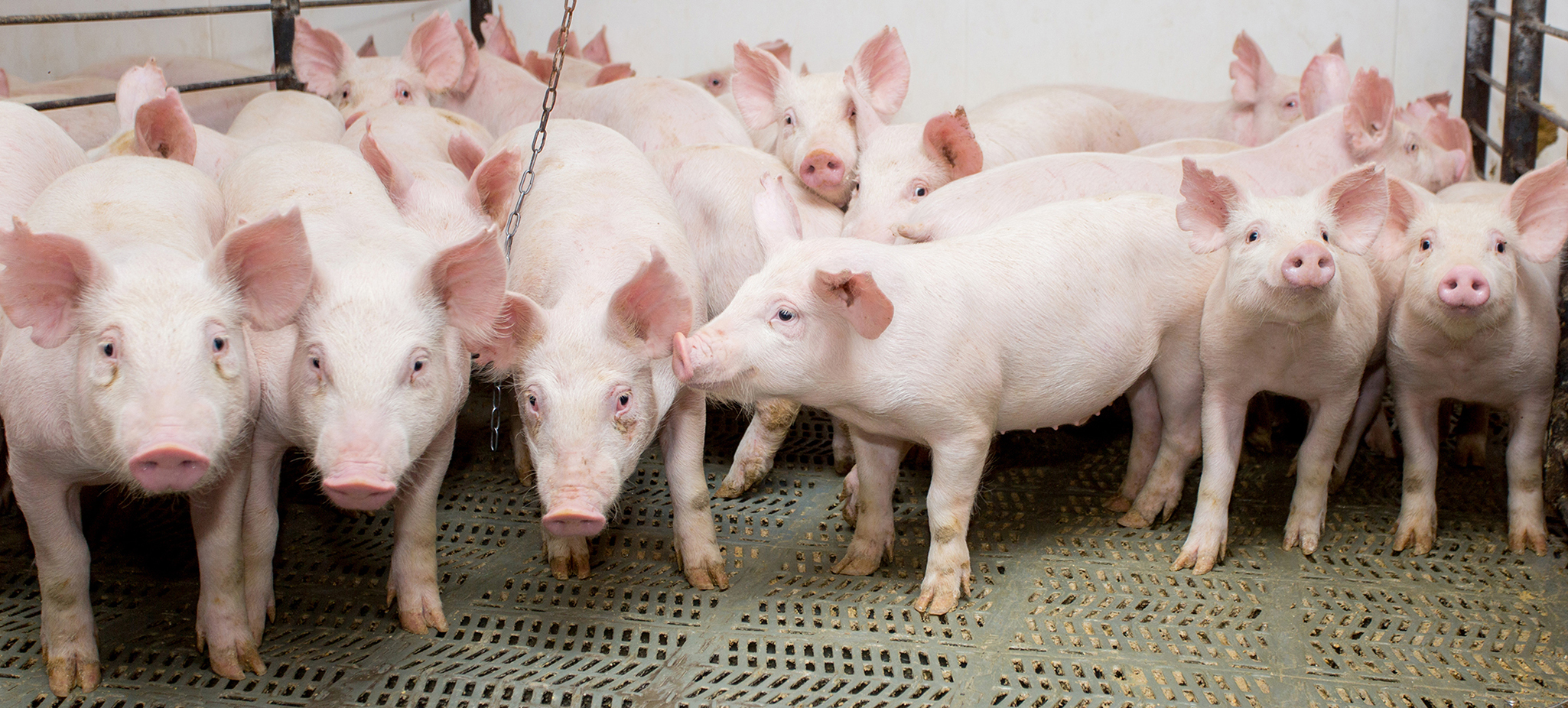
Since our last update on PEDv, several new facts have come to light. The disease continues to spread throughout the U.S., especially the Midwest where it is having a major impact on the pork industry. It is also known to exist in the northeast including Maryland and Pennsylvania. More and more producers are having their production units devastated and shortages of swine for slaughter are driving up domestic pork prices in supermarkets.
No information is currently available as to whether this disease has reached the biomedical research community which is why users of swine must have a biosecurity plan in place for the prevention of PEDv.
Although reporting is voluntary, research institutions should be aware of their sources of swine and inquire as to whether PEDv exists in their herds.
Equally important, each research institution should have a Biosecurity Program in place to not only protect itself from getting PEDv, but one that helps prevent the spread of the disease within the research institution in the event there are infected swine already present. ABI remains negative for PEDv and is highly proactive in having each of its clients establish a Biosecurity Program for the protection of its own pigs at the time of delivery.
To this end ABI has established the following Delivery Biosecurity SOP for adoption by ABI client institutions:
- The unloading dock/receiving area should have been physically cleaned (high pressure washer) and disinfected with the appropriate chemicals or gases the day before the ABI delivery. There should be a down time for chemical disinfection to be most effective.
- All equipment (transfer cages, scales, ramps, gates, etc.) and other devices used in the unloading process should likewise have been physically cleaned and disinfected before the ABI delivery.
- All personnel should not have had immediate exposure to other swine within the facility and should be wearing appropriate protective coverings (gloves, boots, etc.) during the unloading process.
- At the time of delivery ABI personnel will off load pigs in a manner in which contamination of the delivery vehicle cannot take place.
- The purpose of this SOP is to prevent possible PEDv contamination to the ABI delivery truck and personnel which could be carried back to the ABI swine production herd.
ABI maintains a very strict Biosecurity Program at its production units as well as at the laboratory and office facilities. It is imperative that this biosecurity be extended to all of its clients.
A basic Biosecurity Program offered for all of ABI’s clients should include but not be limited to the following:
- Be aware of the different sources of swine that enter your research facility.
- Treat all sources of animals as positive for PEDv and other transmissible diseases and keep them isolated from all other sources of swine within the facility.
- Establish clean/dirty traffic patterns for movement of pigs within the facility.
- Maintain complete disinfectation (including down times) of all surfaces where swine are received, housed and used (including equipment such as crates, transfer cages and receiving areas)
- Maintain proper sanitation to insure PEDv is not transmitted by vectors, personnel, fecal/oral animal contact or aerosol methods. All personnel should wear gloves, masks, boots, etc. while in contact with swine entering or leaving the facility.
- Abi requires that the receiving area and equipment should be disinfected with appropriate down time before ABI off loads its animals. The disinfected off loading/receiving area should not have received swine from other vendors on the day ABI off loads its animals.
USDA-APHIS (veterinary services) recently issued a new disinfectant sensitivity list of chemicals for PEDv:
Sensitive to:
- Phenolics (One-Stroke, Tek-trol)
- Oxidizing agents (bleach, Virkon-S)
Not Sensitive to:
- Glutaraldehyde (Nolvasan, Virosan)
- Quaternary Ammonium (Roccal D)
It would be greatly appreciated if all of ABI’s client institutions would adopt a Delivery Biosecurity Program which would help prevent the spread of the PEDv in the biomedical research community. If you have any further questions or suggestions please contact us.


